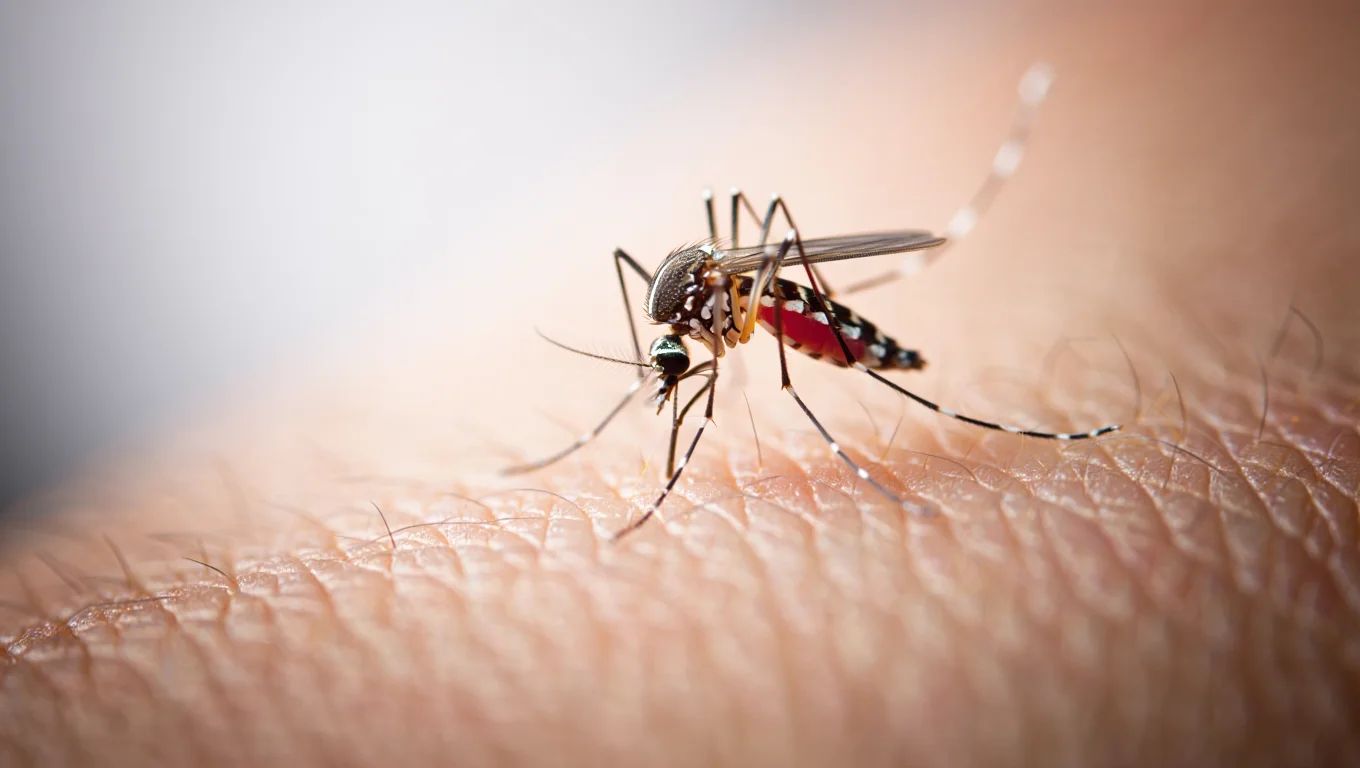Follow us on Google News (click on ☆)

A matter of temperature and humidity
Mosquitoes have a life cycle closely tied to weather conditions. Females lay their eggs on the surface of stagnant water: marshes, puddles, garden barrels... The eggs hatch into larvae, which develop rapidly in water. Heat accelerates the growth of these larvae. In water at 25-30°C (77-86°F), they reach adulthood in less than a week, compared to several weeks in spring. Result: summer sees an explosion in mosquito populations.
Moreover, heat and humidity promote adult activity. These insects are cold-blooded: they need warmth to be active.
Why do mosquitoes bite us?
Only females bite. They need proteins to develop their eggs, and these proteins are found in the blood of mammals (including us humans). Mosquitoes detect us through several signals:
- The carbon dioxide we exhale;
- Our body heat;
- Chemical substances present on our skin surface, like lactic acid.
When biting, they inject saliva containing anticoagulants, making blood extraction easier. Unfortunately for us, our immune system reacts to these foreign substances, hence the infamous itching.
A summer favorable for mosquitoes
The combination of stagnant water (after rains or watering), heat and humidity explains their summer proliferation. Additionally, some species like the tiger mosquito are particularly adapted to urban environments, and readily colonize small water reservoirs in our gardens.
To avoid attracting mosquitoes, it's recommended to eliminate all stagnant water around the house, use repellents, and wear covering clothes at dusk. And for the more scientifically minded among us, know that mosquitoes are also essential to biodiversity: they serve as food for many birds, fish and bats.